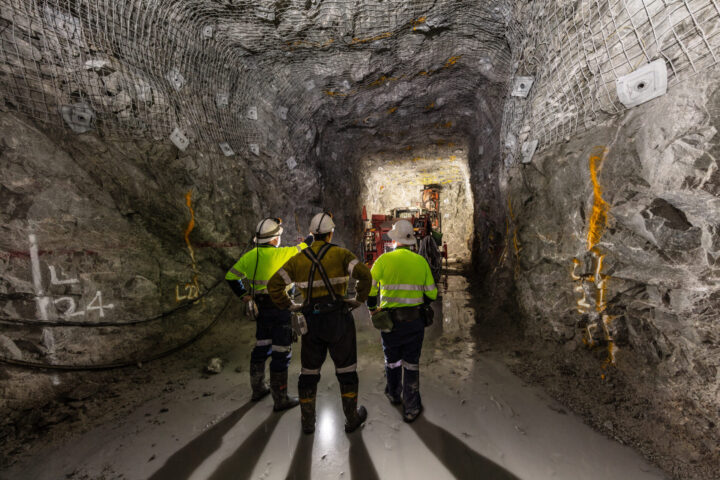The Institute for Public Policy Research (IPPR) is advising the Government to reform the Thatcher-era approach to industrial relations by extending fair pay agreements to industries crucial to its national missions.
The new report from the think tank recommended that the Government establish such collective agreements for house-building, childcare, and rail workers.
One of the biggest challenges facing the Government in delivering its missions is recruitment and retention issues in key sectors.
For example, estimates suggested that the UK will need around 225,000 new building workers to meet demand.
If the Government wants to build 1.5 million new homes and deliver major infrastructure projects—such as a third runway at Heathrow—it must attract thousands of new workers to the sector.
IPPR argued that fair pay agreements are a key solution to achieving this.
The Government has already committed to introducing sectoral collective bargaining for social care employees and teaching support staff.
This process involves unions and employers negotiating training standards, pay and working conditions that apply across an entire sector.
Agreements of this kind are already in place voluntarily across some other crucial industries, including North Sea oil and gas production and large-scale engineering construction, where they have proved valuable for both companies and workers.
This approach was more common in the earlier part of the 20th century to, as Winston Churchill put it, “stop good employers being undercut by bad”.
However, the Thatcher Government abolished many of the institutions that negotiated and implemented these agreements.
The report called for a modern approach to industrial relations in sectors that are crucial to the Government’s missions and where it has significant purchasing power.
The authors stated that fair pay agreements have support from businesses, and it is crucial that employers buy into the process.
IPPR recommended establishing new negotiating bodies in law with new legislation defining the remit and organisations involved for rail, childcare and construction sectors
It also recommended ensuring that pay, terms and conditions are applied consistently to everyone working in the rail and childcare sector and encouraging contractors in publicly funded construction projects to comply with collectively agreed workforce standards.
Joseph Evans, researcher at IPPR, said: “Labour has promised to deliver its national missions, but workforce shortages in the industries which will achieve those missions are creating significant hurdles.
“Construction, childcare, and rail will all deliver on the government’s promises to grow the economy and break down barriers to opportunity.
“Fair pay agreements will help to make sure these sectors are functioning as effectively as possible: they’re key to getting Britain back to work and driving growth.”
Helen Donohoe, chief executive of the Professional Association for Childcare and Early Years, said: “In our latest survey of childminders, a quarter of respondents listed poor pay as the reason they’ll be leaving the profession in the next 12 months.
“It’s one reason why childminder numbers are plummeting – at the current rate there’ll be a mere 1000 left in 2035.
“This is a clear indication that we need a clearer, more strategic approach to ensuring early education and childcare professionals receive the pay and conditions they deserve, something that could be delivered through the establishment of a national negotiating body.”
Jock Simpson, the chairman of the National Joint Council for the Engineering Construction Industry, said: “The National Agreement for the Engineering Construction Industry (NAECI) is a long-standing national agreement loyally supported by its employers, trades unions and stakeholders.
“Clients in power generation, petrochemicals, process plant and repair and maintenance, rely on the NAECI to provide model terms and conditions and well managed industrial relations in a key sector of the UK economy.
“Its renowned procedural and engagement arrangements will have a vital role to play in the delivery of Net Zero.”
















